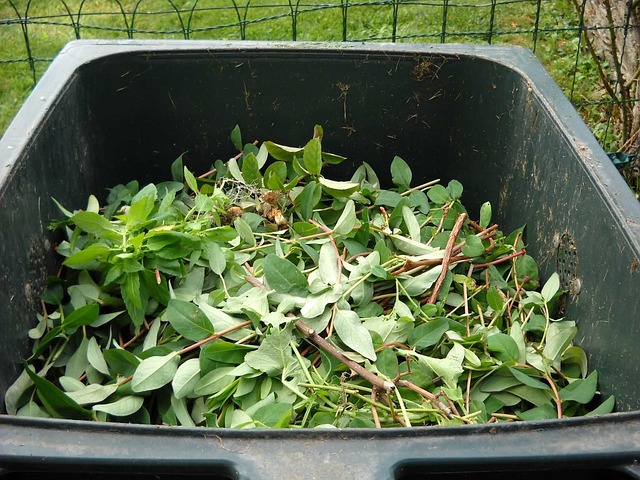Surviving Extreme Weather: Climate Change and Composting for a Resilient Environment
As we face the harsh realities of climate change, extreme weather events have become a common theme in our lives. Be it scorching heatwaves, devastating floods, or unpredictable storms, the environment around us seems to be in a constant state of turmoil. Amidst this chaos, many of us may feel helpless, yet there’s a glimmer of hope—composting.
Composting, at its core, is a simple yet effective method that transforms organic waste into nutrient-rich soil. This process not only reduces waste in landfills but also enriches our soil, making it more resilient to extreme weather conditions. When our soils are healthy and filled with organic matter, they can absorb water more effectively, reducing runoff during heavy rainfalls and preventing erosion during droughts. In essence, composting can be a small personal revolution against climate change and environmental degradation.
The climate crisis calls for innovative solutions at every level—from policy changes to individual actions. By embracing composting in our daily lives, we take a step toward nurturing our environment. Composting mimics nature’s way of recycling nutrients back into the earth. As we toss in kitchen scraps, yard waste, and other organic materials, we’re actively participating in a natural cycle that enhances soil health, leading to more robust ecosystems capable of withstanding extreme weather disturbances.
As our planet continues to warm, weather patterns will only grow more erratic. This makes it all the more crucial for us to adapt. Composting is not just a fad; it’s a practical response to the climate crisis, offering a sustainable solution to manage waste while fostering a healthier environment. By turning the organic waste we produce into valuable compost, we’re not only decreasing greenhouse gas emissions but also fortifying our landscapes against the vagaries of extreme weather.
Even if you live in an urban setting, composting is achievable. Community gardens and urban farms often welcome organic waste, helping to foster green spaces that play a pivotal role in climate resilience. By contributing your compost, you’re not merely reducing waste—you’re participating in a collective effort to revive our local ecosystem and create a buffer against the adverse effects of climate change.
It’s easy to feel overwhelmed by the looming threats of climate change. Still, every small step we take can lead to substantial change. Composting is a meaningful action that can connect us to our environment, promote biodiversity, and enhance the resilience of our soils. So, as we prepare for the next weather event, let’s arm ourselves with the knowledge that we can contribute positively to our planet’s health and longevity, one compost pile at a time.




